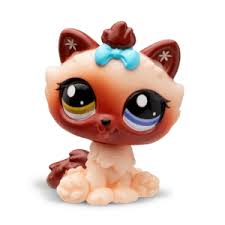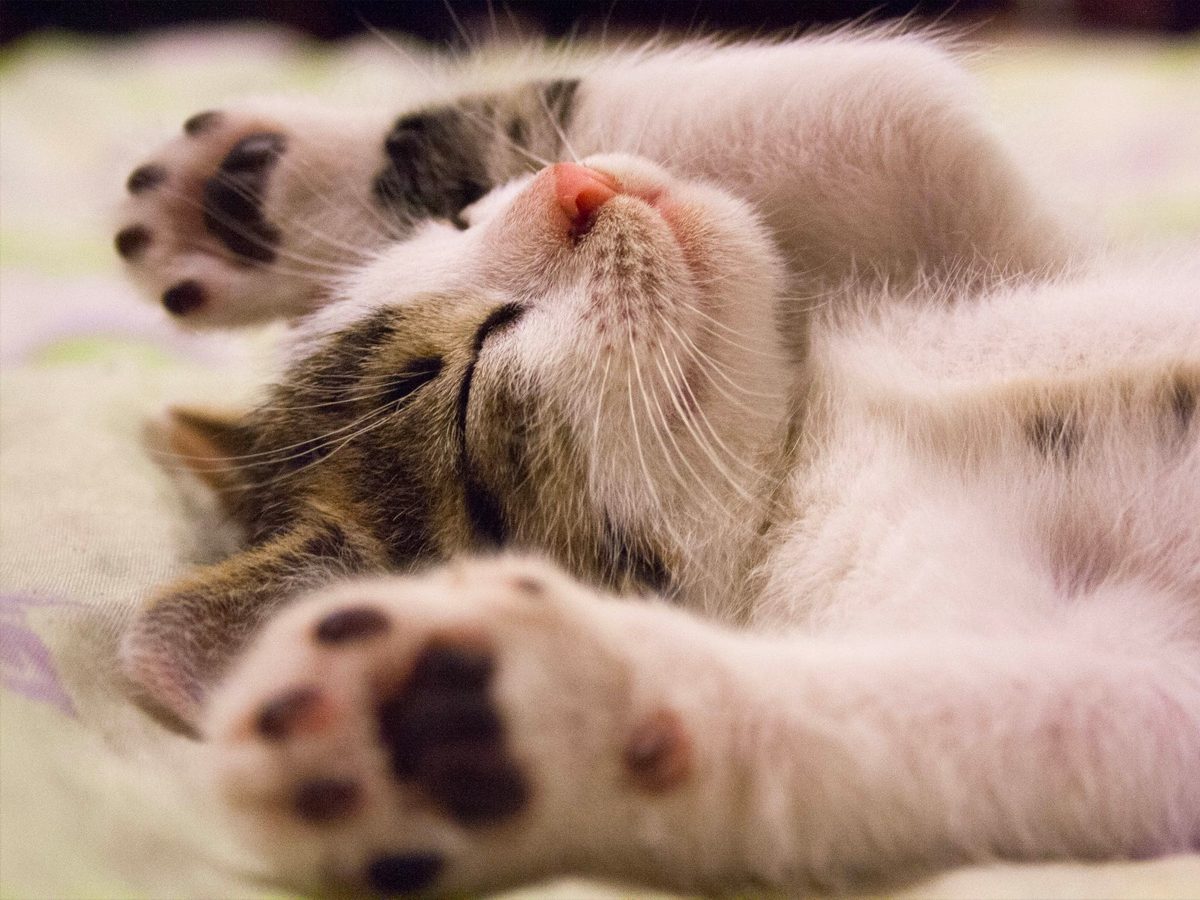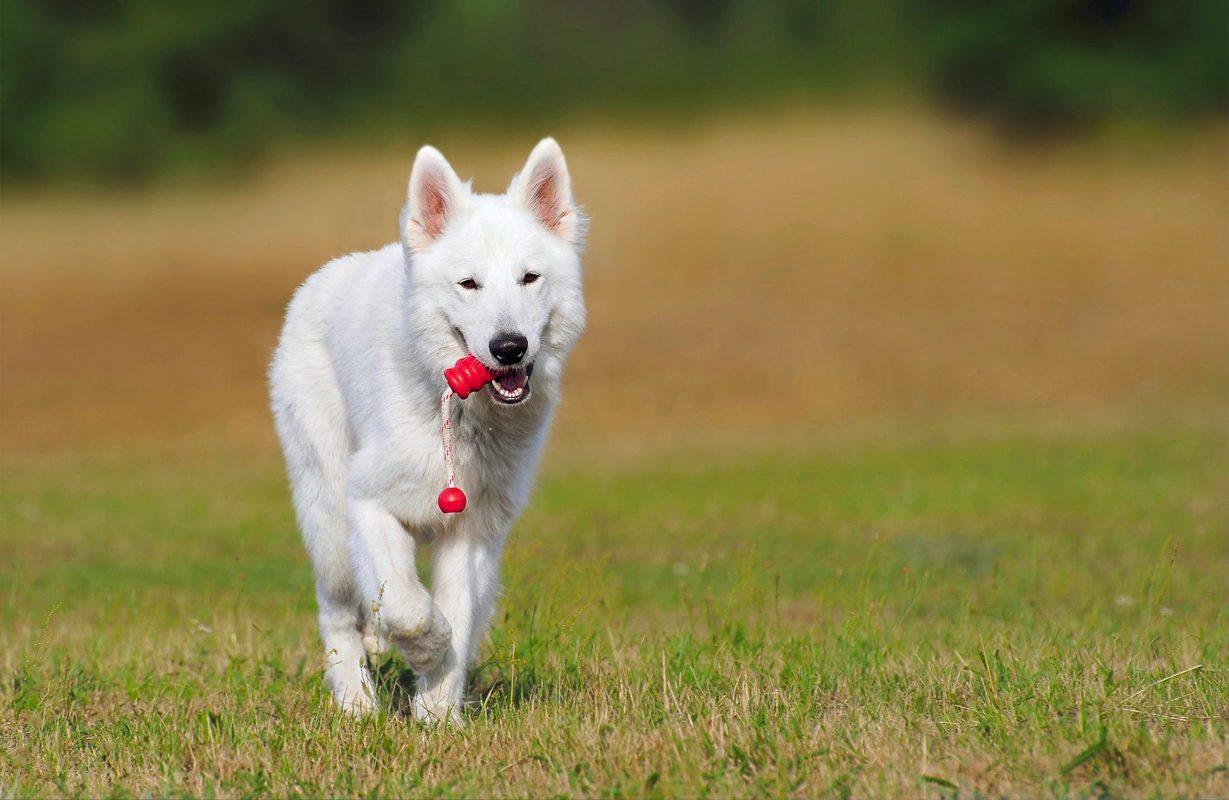Pet Shop Toys, When it comes to ensuring our furry, scaly, or feathered friends live their best lives, pet shop toys play a crucial role. Not only do they provide entertainment, but they also offer mental stimulation, exercise, and can even promote bonding between pets and their owners. This article delves into the world of pet shop toys, helping you understand their importance and what to consider when shopping.
Why Pet Shop Toys Are Essential
- Mental Stimulation: Pets thrive on mental engagement. Toys that challenge them to think, such as puzzle toys or treat-dispensing gadgets, can help prevent boredom and destructive behaviors.
- Physical Exercise: Active toys, like balls or tug ropes, encourage physical activity. Regular playtime helps maintain a healthy weight and reduces the risk of obesity-related health issues.
- Behavioral Training: Many pet shop toys can assist in training. For example, chew toys can help redirect chewing behavior in puppies, while interactive toys can reinforce positive habits.
- Bonding Opportunities: Playtime is a fantastic way for pet owners to bond with their pets. Engaging in games or training exercises with toys fosters a deeper connection between you and your pet.
Types of Pet Shop Toys
When browsing your local pet shop or online stores, you’ll find a wide variety of toys tailored to different types of pets. Here are some popular categories:
- Dogs: Look for chew toys, balls, tug ropes, and interactive puzzle toys. Consider durable options, especially for aggressive chewers.
- Cats: Cats enjoy feather toys, laser pointers, and interactive puzzle feeders that stimulate their hunting instincts.
- Small Animals: For pets like hamsters or rabbits, consider chew toys made from safe materials and enrichment toys that encourage exploration.
- Birds: Birds love toys that they can chew, climb on, and manipulate. Look for wooden toys, ropes, and bells to keep them engaged.
Factors to Consider When Choosing Pet Shop Toys
- Safety: Always prioritize safety by selecting toys made from non-toxic materials. Avoid small parts that could be a choking hazard.
- Durability: Depending on your pet’s chewing habits, consider the durability of the toy. Some pets may need more robust toys that withstand heavy use.
- Size: Ensure the toy is appropriately sized for your pet. A toy that is too small can be a choking hazard, while one that is too large may not be engaging.
- Variety: Just like humans, pets can get bored with the same toys. Rotate toys regularly to keep playtime fresh and exciting.
- Pet Preferences: Pay attention to your pet’s preferences. Some pets may prefer interactive toys, while others may enjoy plush toys or chewable items.
Conclusion
Pet shop toys are more than just playthings; they are vital for your pet’s physical and mental well-being. By understanding the different types of toys available and considering your pet’s specific needs and preferences, you can make informed choices that enhance their quality of life. So next time you visit your local pet shop, keep these tips in mind, and watch your pet thrive in a world filled with fun and engaging toys!
You Might Also Like These:
Post Categories
Popular Post
The Enduring Popularity of Littlest
Finding the Perfect Pet Shop
The Growing Popularity of Pet
Archives
Email for newsletter
At PL SHOP, we’re here to help you find the perfect pet for your family. Your new furry friend will bring you endless love and joy. Let us assist you in discovering the companion that fits your lifestyle!
Contact Us
- +1 (903) 658-8501
- info@thepetlovershop.com
- 1201 3rd Street, Langdon, ND 58249
Subscribe
COPYRIGHT © PET LOVERS SHOP. ALL RIGHTS RESERVED.











